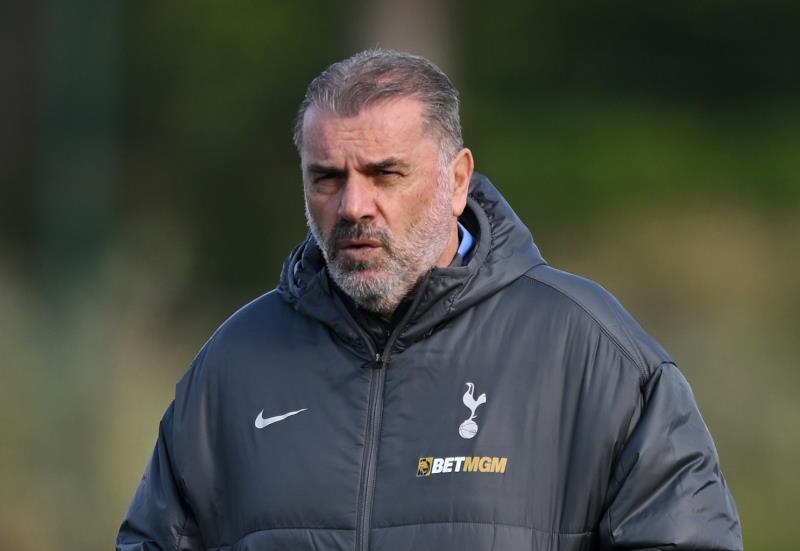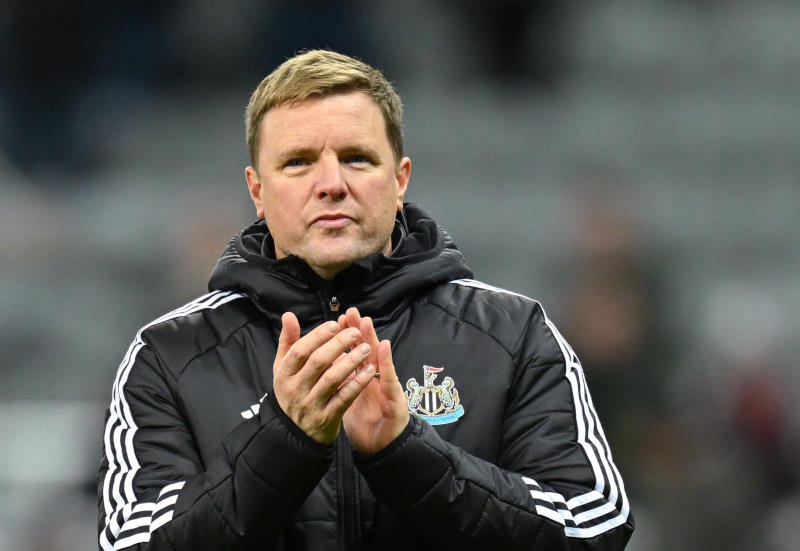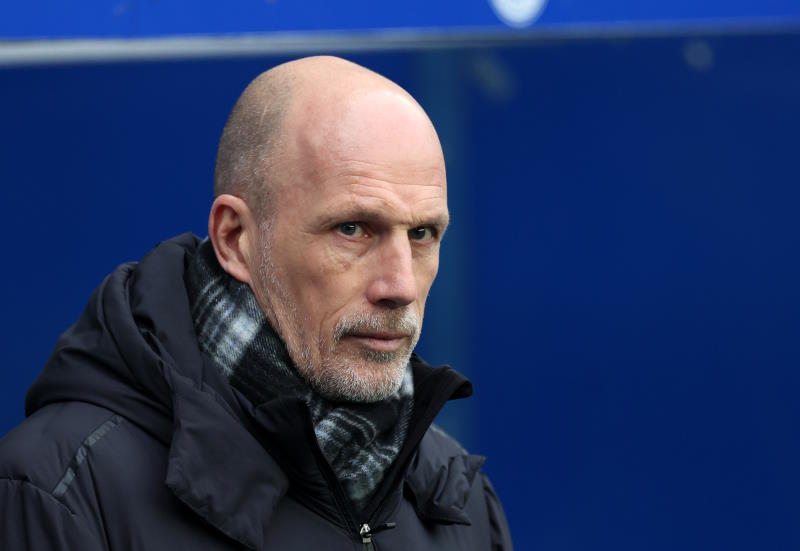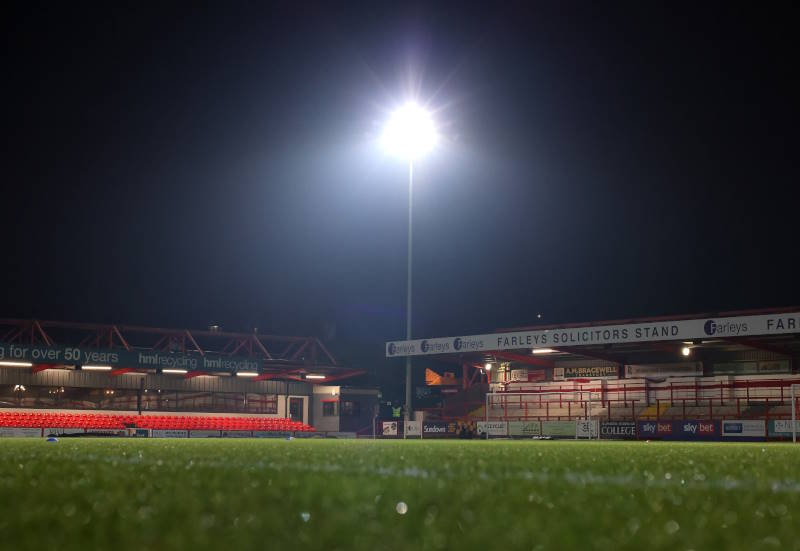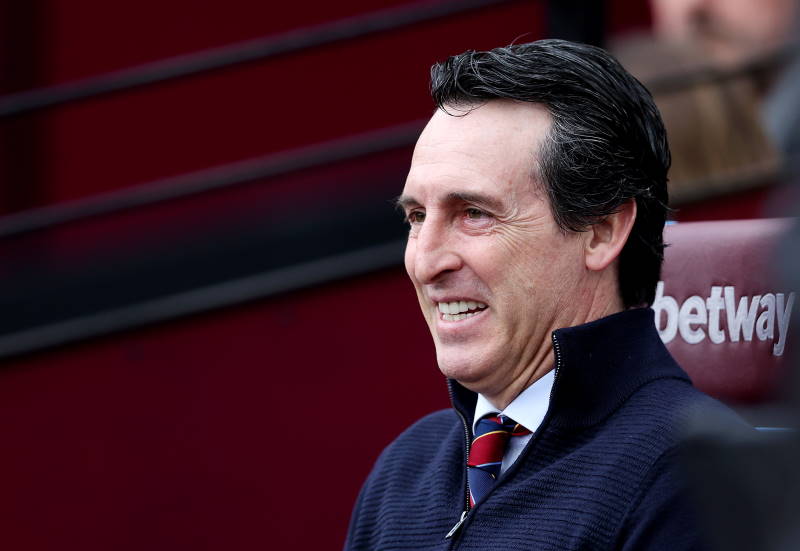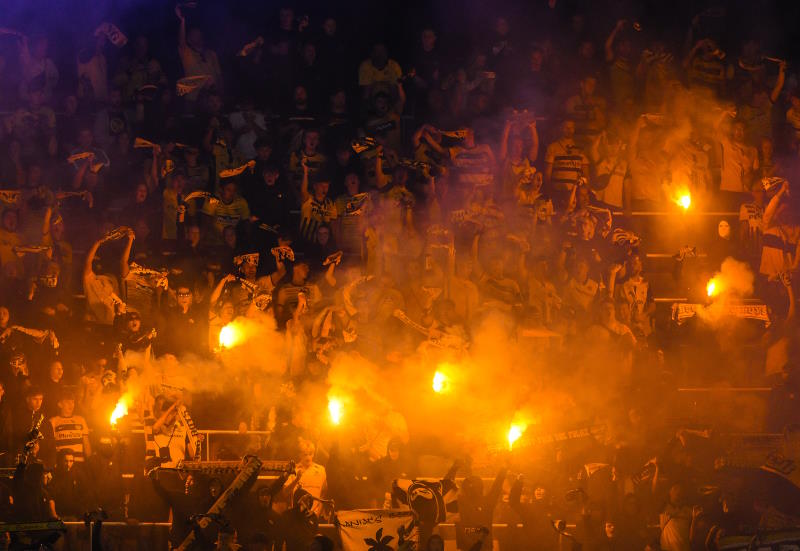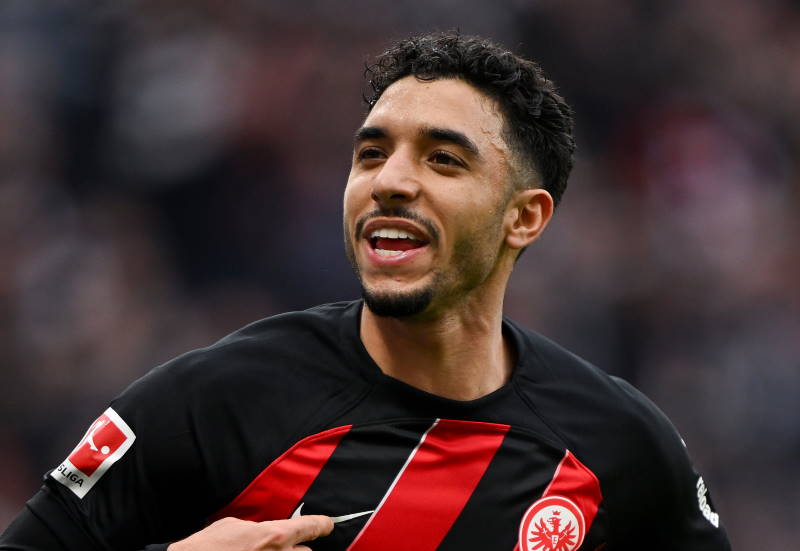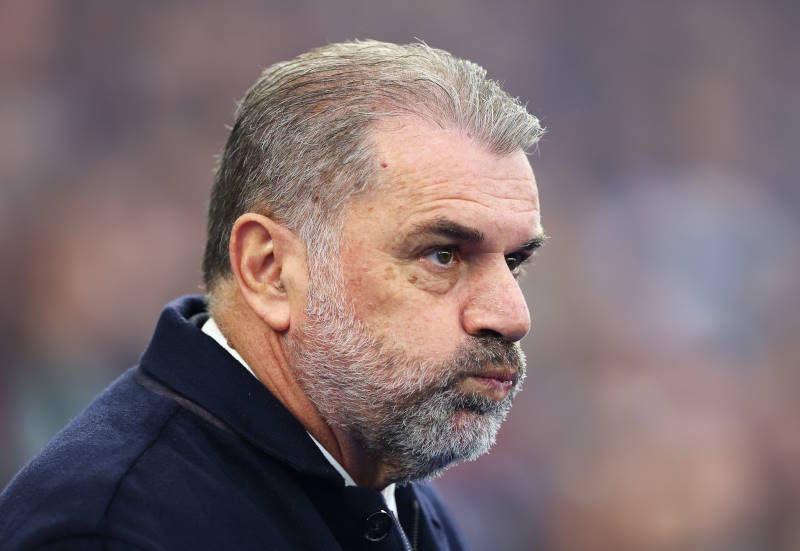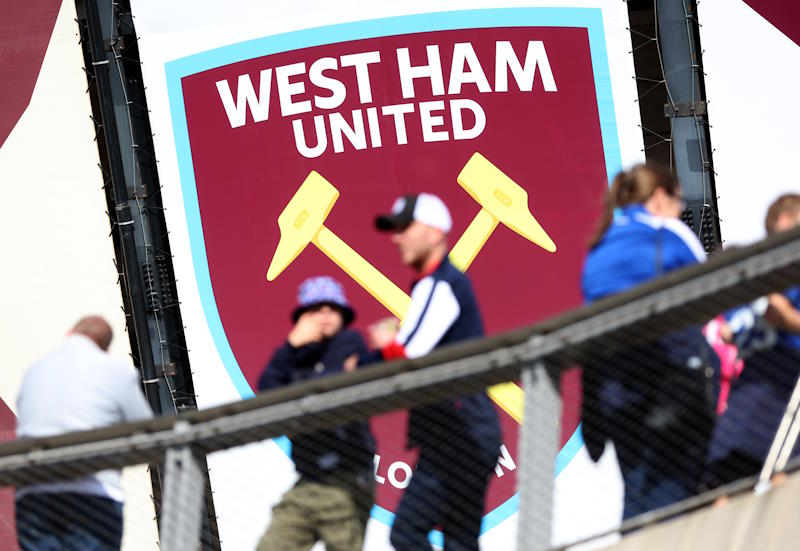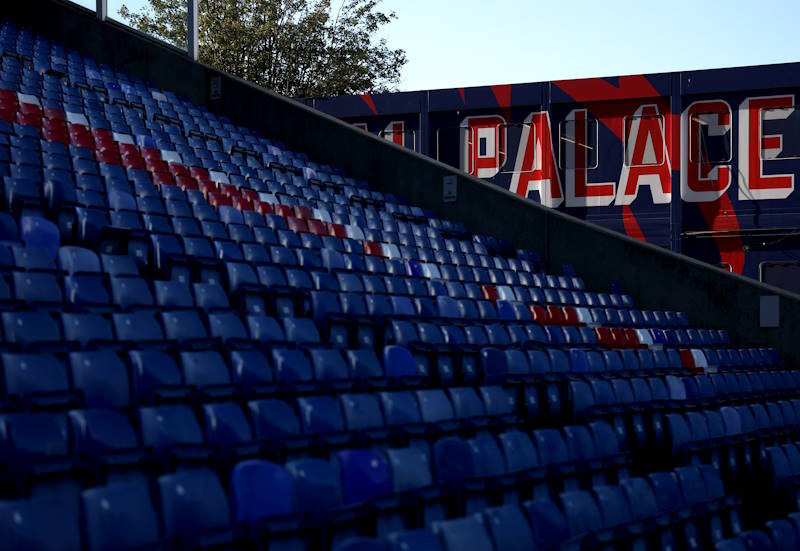
‘If I wanted titles, I would have come before when Aulas wanted me in the era of [Michael] Essien, [Florent] Malouda, Juninho.’ So said Lyon manager Claude Puel, referring back to 2005, when the club’s chairman, Jean-Michel Aulas, unsuccessfully attempted to court him from his role with Lille. Come 2008, when Puel finally took over as manager of Lyon, the club had just won its seventh successive title, setting a new French record. Was this a new managerial challenge, or Puel’s way of taking a working holiday?
“The next Arsène Wenger”, Aulas proclaimed upon finally bringing Puel to his club, to continue their unprecedented period of domination. Puel sees his job now as one of rebuilding the team.
Though Aulas had seen something of the Wengerite in Puel, some Lyon fans are less receptive. The manager has received criticism for the team’s style of play, which has sometimes been perceived as rather dull. It has even led to problems in the dressing room. At half time last year in a clash with local rivals St. Etienne, Puel told midfielder Jérémy Toulalan to “keep it simple, stop dribbling,” which provoked the angry but witty retort of “just because you never knew how to dribble doesn’t mean we shouldn’t do it.”
So not quite like Wenger. Apart from style (or lack thereof), what else has gone wrong for Les Gones?
Most alarmingly, standards have slipped. In the five seasons between 2002 and 2008, Lyon averaged 80 points per season, never registering fewer than 79. Notably, they have finished with 71 and 72 points in the last two seasons respectively. Meanwhile, rivals Bordeaux and Marseille have clinched the last two titles, largely thanks to the excellent management of Laurent Blanc and Didier Deschamps respectively.
Is it just as simple as there being better managers competing with Lyon? That’s played a part. But French clubs have been able to keep more of their top players in recent years, with its primary export market – the Premier League – no longer waving such a large financial carrot. Players can stay in France on comparable wages, allowing the top clubs to compete more effectively in Europe, evidenced by Bordeaux’s run to the Champions League quarter finals last season.
Lyon’s response has been to spend. Though they sold Karim Benzema to Real Madrid, Puel splashed out €82M last year, and a further €28M this season, bringing in striker Jimmy Briand and the Bordeaux and France playmaker Yoann Gourcuff. Worst of all, without a return on this investment, the club last week reported its first financial loss in years.
And this season looks set to be even worse. At the start of the campaign, a fortunate 0-0 draw with Monaco was followed up by a shock 3-2 reverse at newly promoted Caen (who had managed to stun champions Marseille the week before, inflicting the first defeat suffered by a Ligue 1 champion on the opening day since 2003). Lyon found themselves in 17th place going into the 100th derby with St. Etienne, the then league leaders. And defeat to a free kick from Dimitri Payet late on saw them suffer the ignominy of being sat in the relegation zone. It is the club’s worst start since former France coach Raymond Domenech managed them ten years ago.
The defeat to St. Etienne was an embarrassing loss to fierce local rivals, but Lyon had arguably been the better side, until defender Dejan Lovren launched into a slightly risky, albeit perfectly timed, challenge on Loic Perrin just outside Les Gones’ penalty area. Up stepped Payet, and Lyon fell to their first defeat in the Rhône derby since a 2-0 loss in 1992.
In many ways, the defeat summed up the club’s season so far. They hadn’t played particularly badly, were probably the better side, but a defensive lapse and profligacy up front, mostly without striker Lisandro Lopez, cost them. Lyon have conceded numerous goals on the break and to set pieces, most alarmingly in their last match against Nancy, who came from 2-0 down to level the game before Jimmy Briand hit a winner for Puel’s side.
Since defeat in the derby, Lyon have beaten Hapoel Tel-Aviv in the Champions League in a much improved display, followed by that last ditch victory over Nancy in Ligue 1. The pressure is now on to continue the revival.
Aulas likes Puel, but he has made clear that Lyon are not just expected to achieve results, but to do so with a certain style. The lack of either currently has led to increased unrest; the president was forced to head off the complaints of 2,000 angry supporters after the defeat to St. Etienne, and in Lyon there are fifty or so banners calling for Puel’s departure, according to journalist Eric Di Meco, a sight he claims to have never seen before. However, Aulas insists that stability is key, and he will not bow to pressure from newspapers or supporters.
The president’s fondness for his coach, as well as the credit he has in the bank for the unprecedented success he has brought to the club, means he can afford to ignore the fans’ calls for Puel’s head, at least for now. But with potential successors lining up – most recently Eric Gerets threw his hat in the ring – Puel finds himself trying to race away from the angry voices of influential supporters groups who may yet convince Aulas that a change of leadership is the only way forward.
Puel’s old side, Lille, visit the Stade Gerland this weekend, before Lyon visit the hapless Arles-Avignon, currently bottom of the table. If Les Gones fail to take maximum points from these next games, Puel may become the first Lyon manager since Domenech to leave without winning Ligue 1. If that were to happen, the former Lille coach may have a few sleepless nights to come about that fateful decision in 2005 to reject the Lyon job at the height of their powers.

